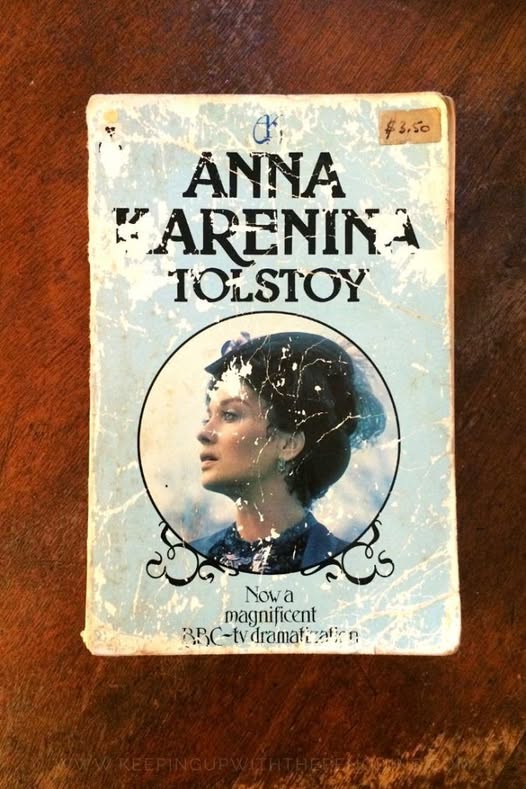Leo Tolstoy’s Anna Karenina is widely regarded as one of the greatest novels ever written. First published in installments between 1875 and 1877, the novel is a complex tapestry of Russian society, individual psychology, and moral conflict. Through the tragic story of Anna, Tolstoy explores timeless themes such as love, fidelity, social expectation, guilt, and the search for meaning.
At its core, Anna Karenina is a dual narrative: it contrasts Anna’s passionate, doomed affair with Count Vronsky against the spiritual and moral journey of Konstantin Levin, a character often considered Tolstoy’s alter ego. Anna’s descent into isolation and despair is portrayed with psychological depth and emotional intensity. Tolstoy doesn’t merely condemn her actions; instead, he presents her as a deeply human character torn between personal desire and societal norms. Her choices, while self-destructive, are never stripped of empathy.
The structure of the novel is deliberately slow and expansive. Tolstoy takes time to develop even minor characters, allowing readers to fully immerse themselves in the world of 19th-century Russia. This breadth gives the novel a rich, almost cinematic quality, but it also challenges readers with its philosophical digressions and detailed realism.
A particularly compelling aspect of the novel is its exploration of gender roles and the position of women in society. Anna is not simply a woman in love; she is a woman trapped by the limited roles allowed to her. Her rebellion against societal expectations ultimately leads to her downfall, making her both a victim and a transgressor.
In contrast, Levin’s arc provides a philosophical counterpoint to Anna’s emotional turmoil. His struggles with identity, faith, and purpose mirror Tolstoy’s own existential concerns. While Anna’s story ends in tragedy, Levin’s concludes with a sense of spiritual awakening and moral clarity.
Tolstoy’s writing is dense but beautiful, marked by his deep understanding of human nature and his ability to capture fleeting thoughts and emotions with precision. The novel does not offer easy answers or simple moral judgments—it demands patience, reflection, and emotional engagement from its readers.
In conclusion, Anna Karenina is not only a love story but a profound psychological and philosophical exploration of the human condition. Its enduring relevance lies in its ability to speak across time about the conflicts between heart and duty, individual freedom and societal expectation, illusion and truth.


